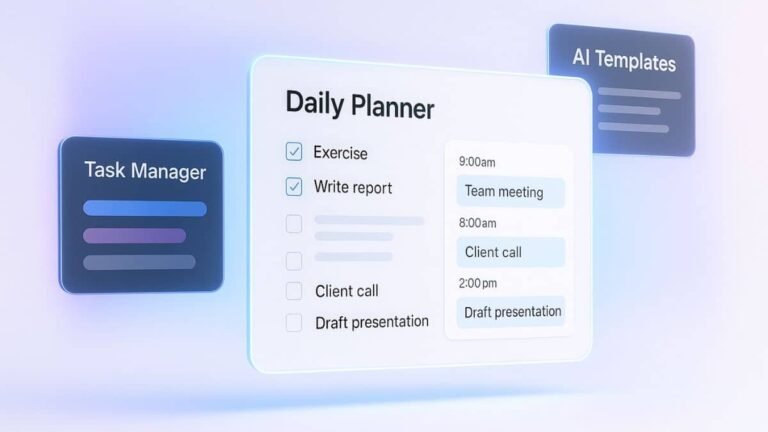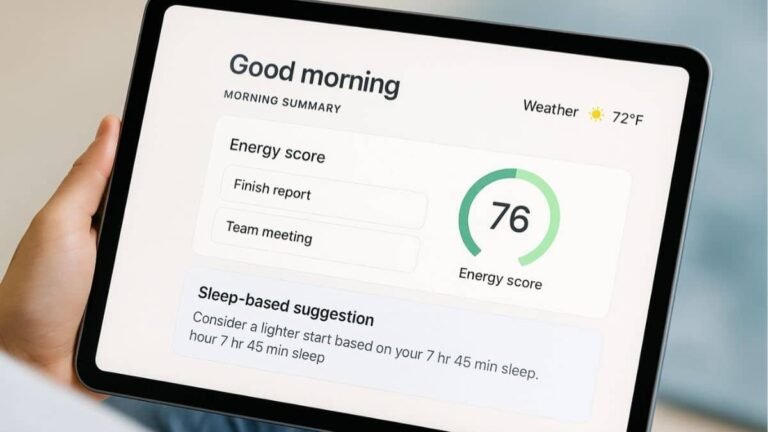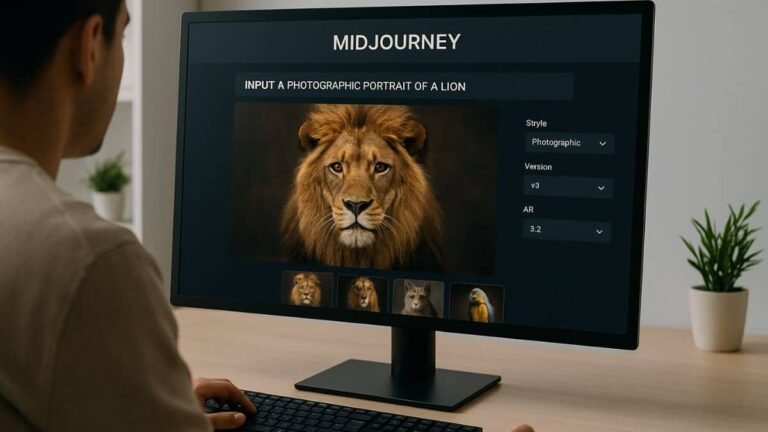Address
251 Little Falls Drive, Wilmington, DE 19808, United States

Can a chat-based AI really replace the world’s most popular search engine? With the rise of tools like ChatGPT, many users are rethinking how they find information online. In this head-to-head comparison of ChatGPT vs Google Search, we’ll uncover the key differences, advantages, and ideal use cases. Which one delivers better results? Let’s find out.
Table of Contents
Understanding the core purpose of each tool
When comparing ChatGPT vs Google Search, it’s essential to know what each tool is fundamentally built to do. Google Search is an index-based search engine. It crawls the web and ranks pages based on relevance and authority. On the other hand, ChatGPT is a conversational AI designed to generate responses based on patterns in data it was trained on.
Google gives you links. ChatGPT gives you answers. One fetches information; the other forms it. That distinction sets the tone for how useful each can be in different scenarios.

What Google Search does best
Google excels at real-time updates. Need the latest sports scores, breaking news, or weather? Google delivers in seconds. It’s also unmatched when you’re looking to explore multiple sources or want to dive deep into forums, blogs, and official documentation.
Its advanced filtering tools, such as search operators and date ranges, give users incredible control. If you’re researching a topic and want to verify credibility through varied sources, Google is your best bet.
Where ChatGPT shines in everyday use
ChatGPT is a powerhouse for summarizing, brainstorming, and learning. It’s one of the most accessible ways to explore modern AI tools that enhance productivity and creativity without deep technical know-how.
Need a quick explanation of quantum computing? Or a poetic birthday message? ChatGPT can generate those instantly; no need to browse multiple sites or ads.
Its natural tone feels like talking to a human tutor. You can ask follow-up questions, request rephrasing, or dig deeper into subtopics without crafting a new query from scratch.
Speed and convenience: who wins the time test?
If you’re in a rush, ChatGPT often feels faster. There’s no scrolling past ads, sponsored results, or clicking through pages. You ask, it answers.
But when specificity matters, let’s say checking a store’s exact return policy or finding a local event, Google wins. It connects you directly to real-time, authoritative websites.
So, ChatGPT saves time on idea generation and explanations, while Google saves time on verifiable facts and links.
Accuracy and depth of information compared
Factual searches: who gets it right?
Google’s results are grounded in live data from the internet. That means it generally provides more up-to-date and fact-checked information. You can easily cross-reference facts and see sources.
ChatGPT, however, is trained on data up to a certain point and doesn’t always reflect real-time changes. While it can provide accurate information, it may not cite sources or update with the latest developments.
Complex questions and nuance
This is where ChatGPT impresses. Ask it, “Explain quantum mechanics like I’m 10,” and you’ll get a delightful, simplified answer. Google, meanwhile, will likely return a dense Wikipedia entry and scholarly articles.
For nuanced or multi-step reasoning, ChatGPT crafts a cohesive response. Google will show results across different links — leaving you to piece together the puzzle yourself.
User experience: interface, clarity, and satisfaction
Google’s interface is familiar and packed with features: filters, images, maps, and a wealth of structured snippets. But it can also be overwhelming — ads, SEO-heavy content, and endless blue links.
ChatGPT offers a minimalist, clutter-free chat interface. No distractions. It responds in plain language and formats its answers for readability, often using bullet points or numbered lists when appropriate. For many users, it’s a more enjoyable experience, especially for complex questions or quick learning.
Real-world scenarios: ChatGPT vs Google in action

Planning a trip
Need a quick itinerary for a weekend in Rome? ChatGPT will instantly suggest places to visit, what to pack, and even local tips — all in one go. Google will offer many articles, booking sites, and blog posts, but you’ll have to compare them yourself.
However, when checking real-time hotel prices or train schedules, Google is your best friend. It connects directly to live databases and booking engines.
Troubleshooting a tech problem
Say your printer is flashing an error code. Google will return forum threads, YouTube videos, and manufacturer support pages. ChatGPT, meanwhile, might provide a summarized set of steps, but may not have your exact model’s latest details.
So, for official fixes, Google wins. For simplified instructions or understanding what’s happening in plain English, ChatGPT is ideal.
Limitations and common misunderstandings
Many assume ChatGPT can “search the web” like Google — but that’s not entirely true (unless you’re using a version connected to live browsing). It relies on its training data, which can become outdated or incorrect if not verified.
Google, while reliable, has its own pitfalls: ad-heavy results, SEO manipulation, and content that can be more about ranking than value. Plus, it doesn’t hold a conversation. Every query starts from zero.
Both tools also reflect bias — from their algorithms, training data, or indexed content. Knowing how to use them wisely is key.
Final verdict: Choosing the right tool for the task
There’s no one-size-fits-all winner in the ChatGPT vs Google Search debate. Instead, they serve different needs. Google is the go-to for real-time facts, official sources, and broad discovery. ChatGPT is perfect for fast, human-like answers and everyday productivity, explanations, and brainstorming sessions.
The smartest move? Use both. Ask ChatGPT to explain the concept, then use Google to verify and expand. Together, they create a powerful digital toolkit that can save time, reduce frustration, and sharpen your search game.
In the debate of ChatGPT vs Google Search, the answer isn’t black and white. Google excels in real-time updates and authoritative sources, while ChatGPT thrives in clarity, conversation, and creative tasks. Use each where they shine and combine them when you want the best of both worlds. Ready to try a smarter way of searching?










